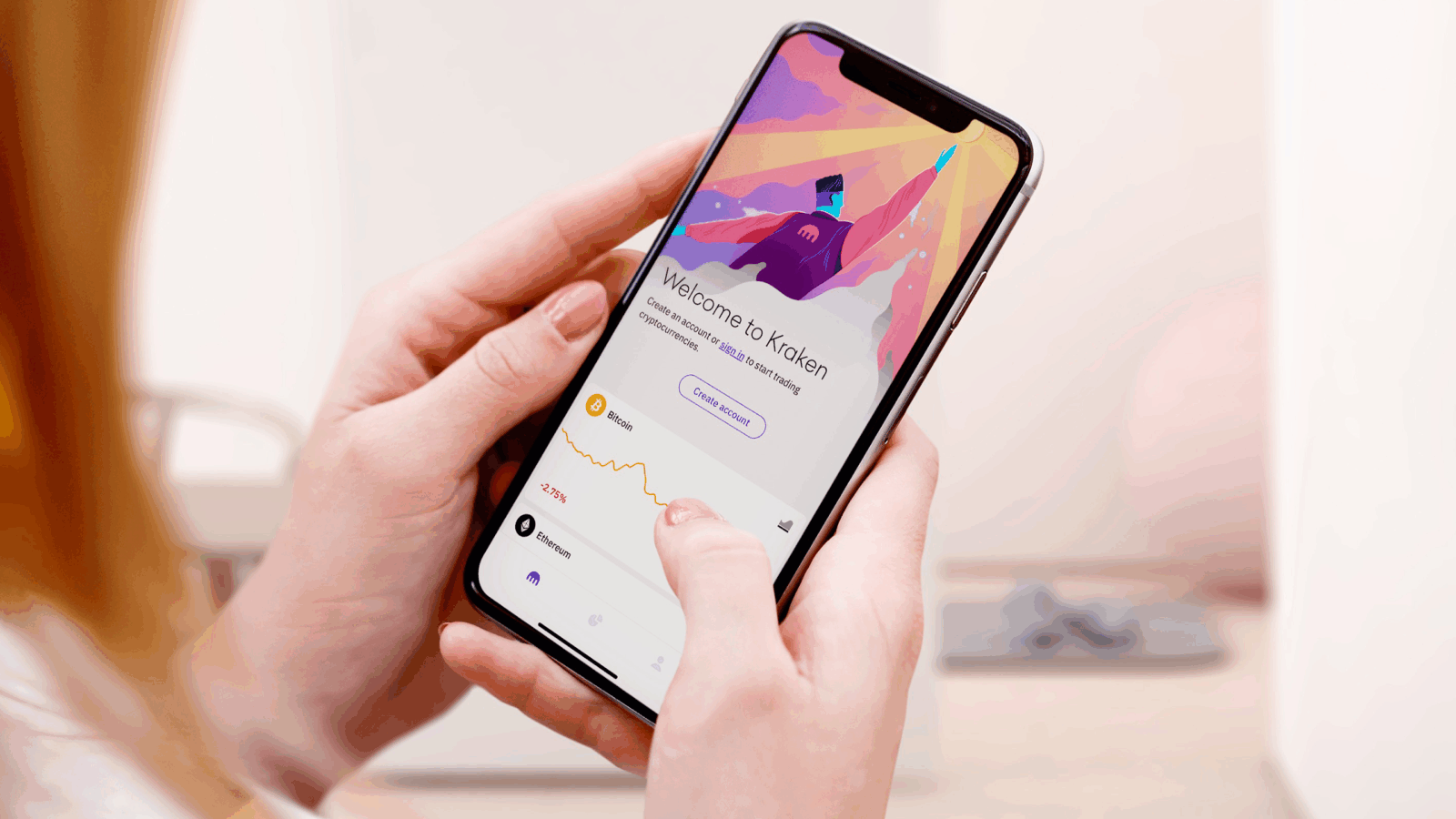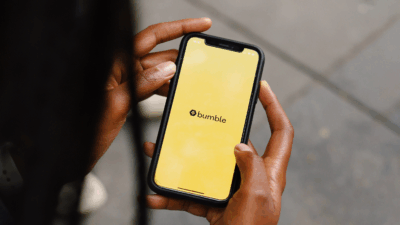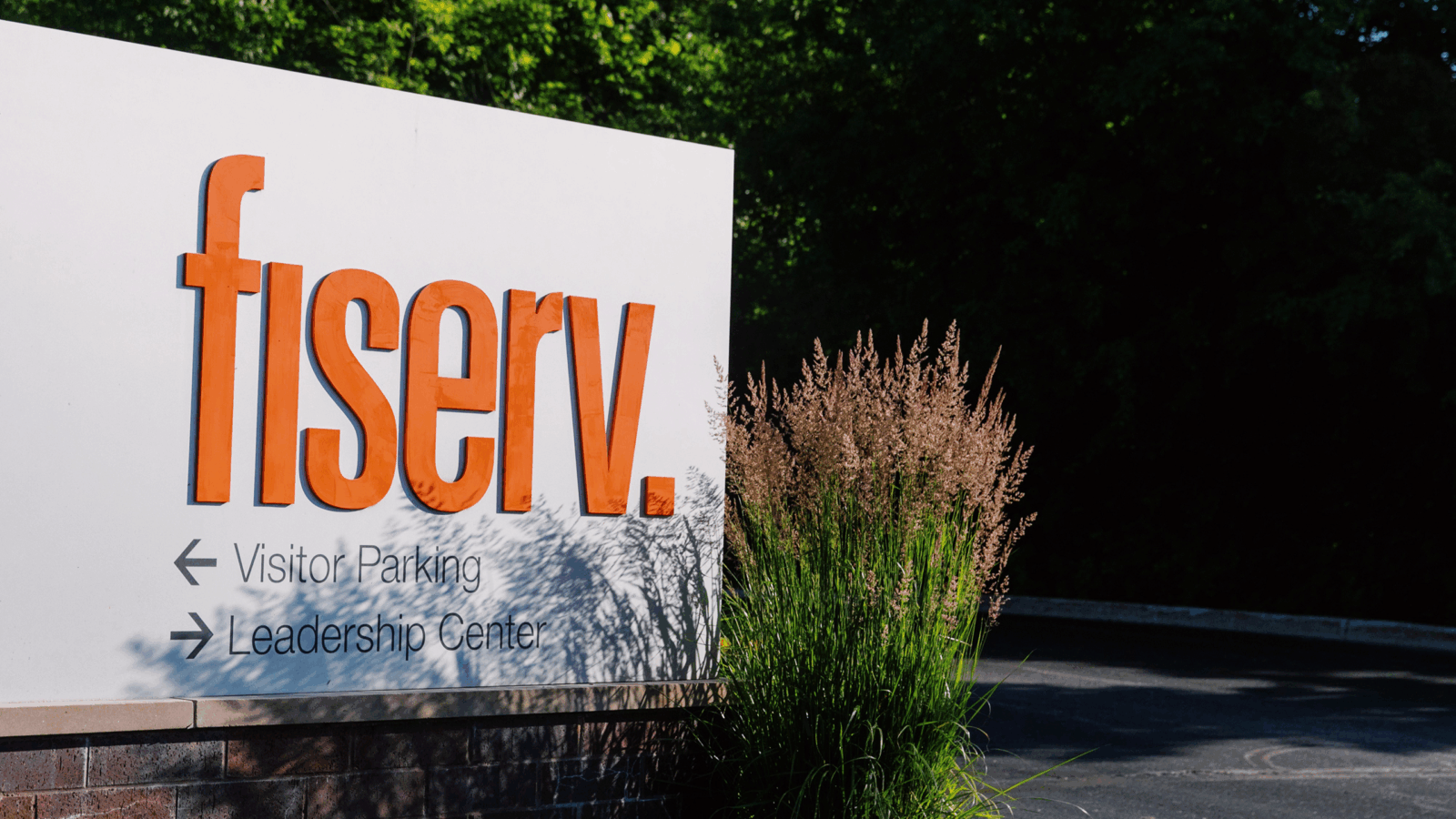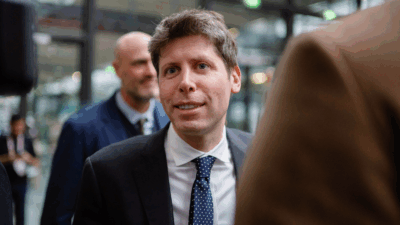Microsoft Wants To Put Chat GPT-style AI Tools in Every Product
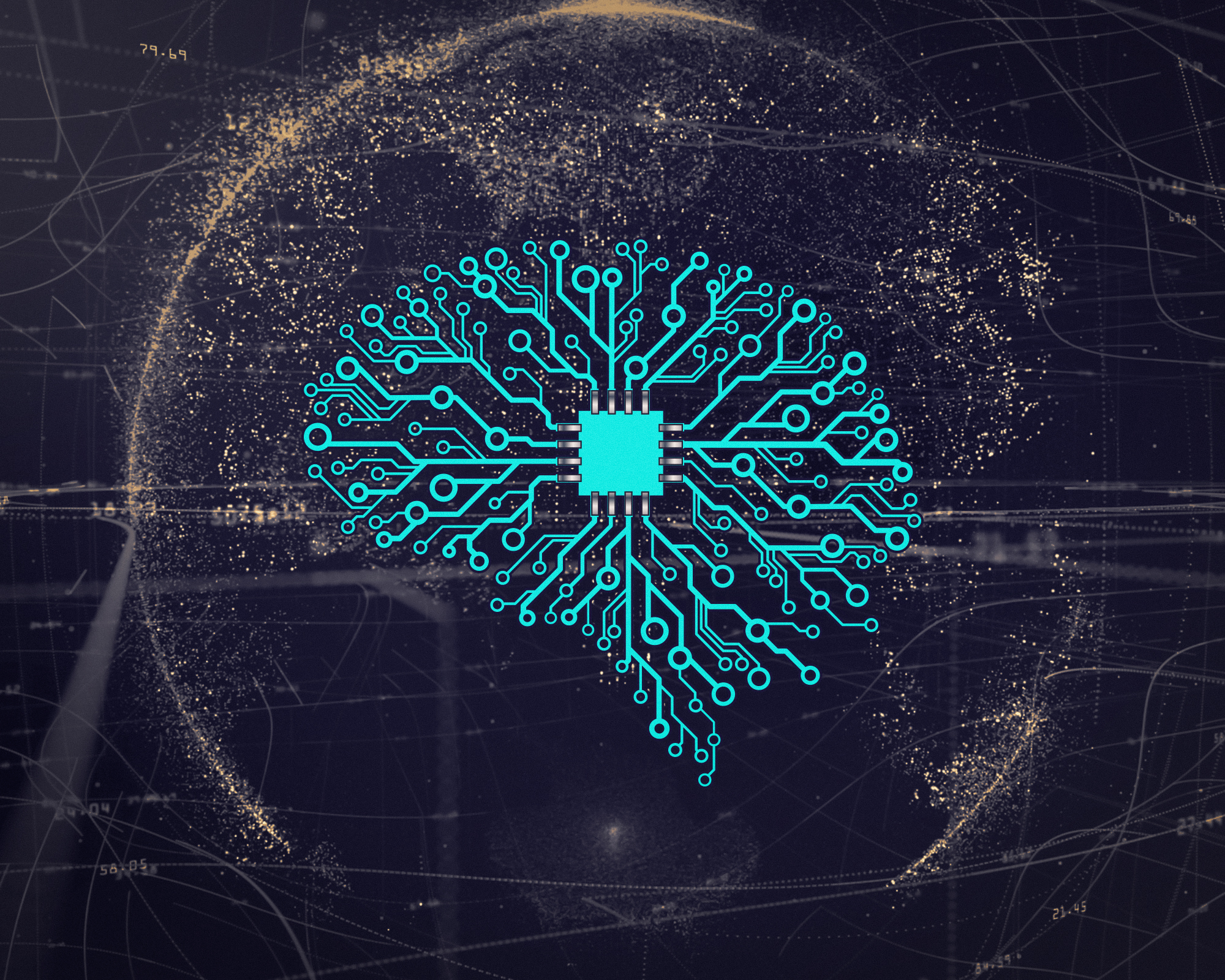
Sign up for smart news, insights, and analysis on the biggest financial stories of the day.
Can AI experience cognitive dissonance?
Microsoft CEO Satya Nadella told Davos attendees on Tuesday that the tech giant plans to use OpenAI, the startup behind viral text generator Chat GPT, to build AI tools into every Microsoft product. Nadella’s mic drop comes on the heels of Getty Images announcing it is suing image-generation AI tool Stable Diffusion, alleging it scraped copyrighted images without permission.
Chat GPT-Party
Chat GPT took the internet by storm in November when it was opened up to the public, with netizens enthralled by its ability to produce convincing-sounding imitations of news articles, song lyrics, resumes, and more. Microsoft, an investor in OpenAI, has been eager to capitalize on the hype. The Information reported earlier this month that Microsoft is working to integrate ChatGPT into Bing, bringing some tortoise-and-the-hare optimism to its possibly until now lopsided competition with Google.
The technology has creatives spooked, but professional writers are almost certainly not first for the chop. Dr. Nakeema Stefflbauer, an expert in AI policy, told The Daily Upside that Chat GPT’s most obvious first commercial application would be speeding up the work of customer service workers and marketers. “It will only be able to replace jobs if brands give up on the ‘human factor’ as a differentiator in how happy their customers will be with interacting purely with bots,” she said.
As Microsoft doubles down on OpenAI, Getty’s lawsuit against StabilityAI, the company behind Stable Diffusion, casts an uncomfortable spotlight on the data AI tools hoover up:
- Getty Images CEO Craig Peters told The Verge he views generative AI tools as being at the same stage the music industry found itself at in the age of Napster and Limewire – which is to say, behind the eight ball. “We think similarly these generative models need to address the intellectual property rights of others, that’s the crux of it,” he said.
- Stefflbauer drew another musical comparison, pointing to instances where particular artists’ styles are imitated on Stable Diffusion. “The problem is that it’s possible to ‘remix’ images by specific artists such that images seem to be retrievable with an artist’s name ‘in the style of…’ but those artists don’t get compensated. Kinda like the early days of rap music, when sampled artists’ work was included in new songs, which the original artists didn’t get paid for,” Stefflbauer said.
Cave In: One artist is using his clout to take the fight to the AI pretenders. Alt-rock icon Nick Cave put up a blog post Tuesday saying dozens of people have sent him Chat GPT-generated songs imitating his style. Picking out a particular set of lyrics sent to him by a fan, the famously poetic Cave railed against the “emerging horror of AI” in a markedly prosaic fashion: “This song sucks.”




